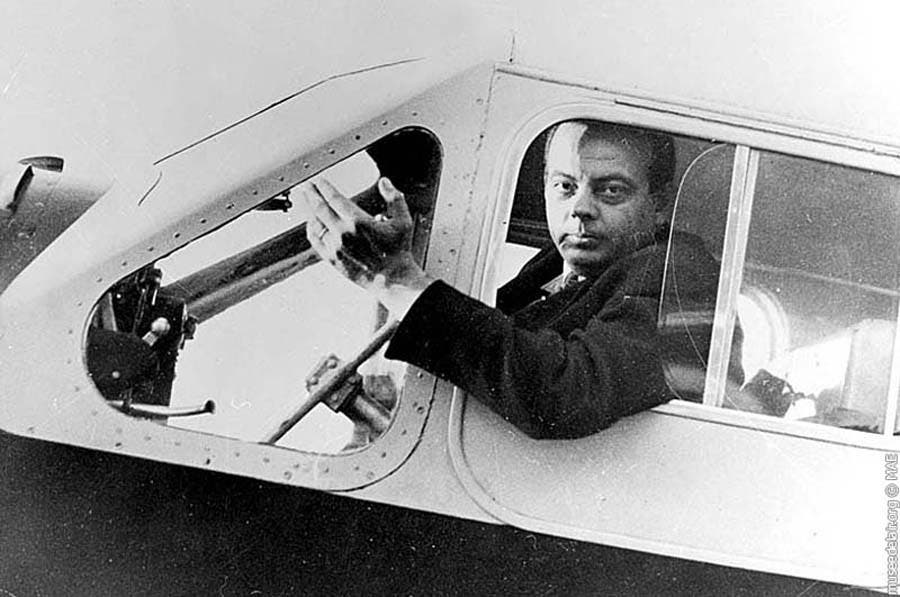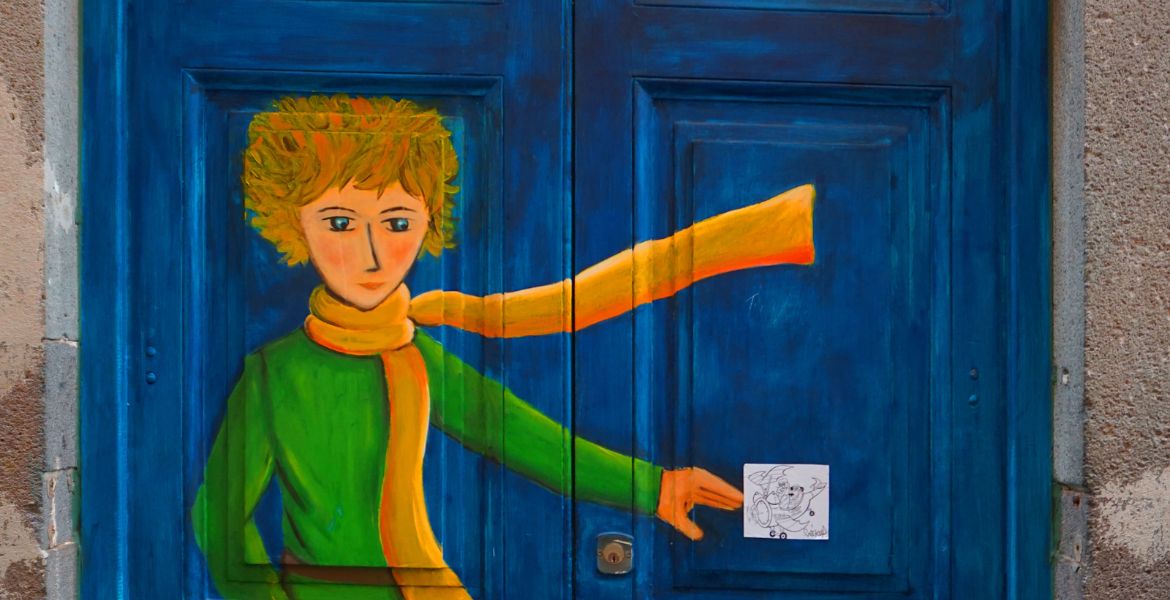Antoine de Saint-Exupéry, a spirituality without God?

On July 31, 1944, at 80 years of age, Antoine de Saint-Exupéry He disappeared in Marseille aboard his plane, while carrying out a reconnaissance mission for the Allies from Corsica. Although the plane’s hatch was discovered in 2003, It is still unknown why and how the aviator died.
But if his death remains a mystery, his life and his writings have other souls, especially his relationship with faith. Although he said he did not believe in God, fFor many, a decisive spiritual teacher. “For sixty-two years, I have been wondering,” he says. Father Stan Rougier (author of ‘Prier 15 jours avec Antoine de Saint-Exupéry, Nouvelle Cité, 2023), “Why did God use Antoine de Saint-Exupéry’s prose to knock on my door?”
The historian Michel Faucheux wrote: “From my earliest childhood, I had to deal with Saint-Exupéry, who It introduced me to the search for an inner truth” (Michel Faucheux, ‘Saint-Exupéry, la spiritualité au désert’, Salvator, 2022). Can a spirituality without God reach God?
The magic of childhood
Antoine de Saint-Exupéry was born in Lyon, into a noble family. Despite the death of his father at the age of four, he lives a happy childhood. His mother is a very believer, with an artistic temperament. She transmits her joy to her five children, whom she educates alone, plays music with them, makes them read stories… “It makes the young Saint-Exupéry experience a true magic of childhood”says Michel Faucheux.
Antoine is schooled among brothers of the Christian Schoolsthen enter the jesuits and, in Switzerland, with the Marianists. In 1917, before graduating from high school, his 15-year-old brother died. At 18, he falls in love, but their relationship breaks up five years later. Little by little he moves away from faith and religious practice. He has a hard time finding his way.
Passionate about aviation since his childhood and pilot since his military service, in 1926 is dedicated to transporting mail between France and Senegal, and later to South America. He published his first novels: ‘Correo del Sur’ in 1929, ‘Night Flight’ in 1931. In 1939, he joined the Air Force and left for New York after the armistice, where he wrote ‘The Little Prince’. In 1943 he joined the Allies again.


An unquenchable fire
From his first books, although he declares himself an agnostic, His work is full of references to Christianity and spiritual or mystical questions.. He has kept in his heart the Christian values transmitted by his mother, and explores a civilization without God, in which man is at the head of the machines he has created: “I hate my age with all my might. Man is dying of thirst (…) Two billion men only hear robots, only understand robots, they become robots…” (‘Lettre au général X’,1943).
That feeling that Saint-Exupéry speaks of is what constitutes the core of his spirituality. “Live a deep intellectual and spiritual solitude in the silence of a desert of men”, writes Michel Faucheux. “Not having faith means experiencing doubt and despair more often than the believer. It means experiencing the terror caused by a materialized and mechanized civilization that disintegrates the human being.
However, if there is discouragement, it does not translate into nihilism or inaction. On the contrary, Antoine de Saint-Exupéry “sings the commitments that unite us to the world,” writes Father Stan Rougier. The writer has ““the imperious desire to build souls”he writes in ‘Citadelle’, his unbreakable spiritual testament. “It is always necessary to keep awake in man what is great and convert it to his own greatness.”


Return to the spirit of childhood
This demand from which it is never separated involves the return to the spirit of childhood, in the face of the vanity and emptiness of adults: “Poetry is an expression of the spirit of childhood and inseparable from all spirituality,” summarizes Michel Faucheux. “Recovering the poetry of childhood means perpetuating the spirit of Christmaswhich satisfies the soul and allows us to be reborn.”
In ‘Land of Man’, Saint-Exupéry writes: “Mozart as a child will be marked like the others by the stamping machine (…). What torments me is the gardener’s point of view (…). What torments me is neither these holes, nor these lumps, nor this ugliness. It’s a bit of Mozart murdered in each of these men”.
“Returning to people their spiritual sense”, as he says in his ‘War Writings’, this is the meaning of all of Saint-Exupéry’s work. Even though I no longer had faith,would continue to claim a Christian culture that shaped his conscience”says Michel Faucheux. “The religious reference is unavoidable: Once again, I have no other vocabulary than the religious one to express myself,” he points out.
But this reference and this vocabulary are nothing more than the catechism that, according to Father Stan Rougier, “left me insensitive, indifferent.” On the contrary, “Antoine de Saint-Exupéry He contributed to the Christian message words that speak to the heart of every human being.words that unite people. Words that make us rise.”
*Original article published in La Croix, French ‘partner’ of Vida Nueva





